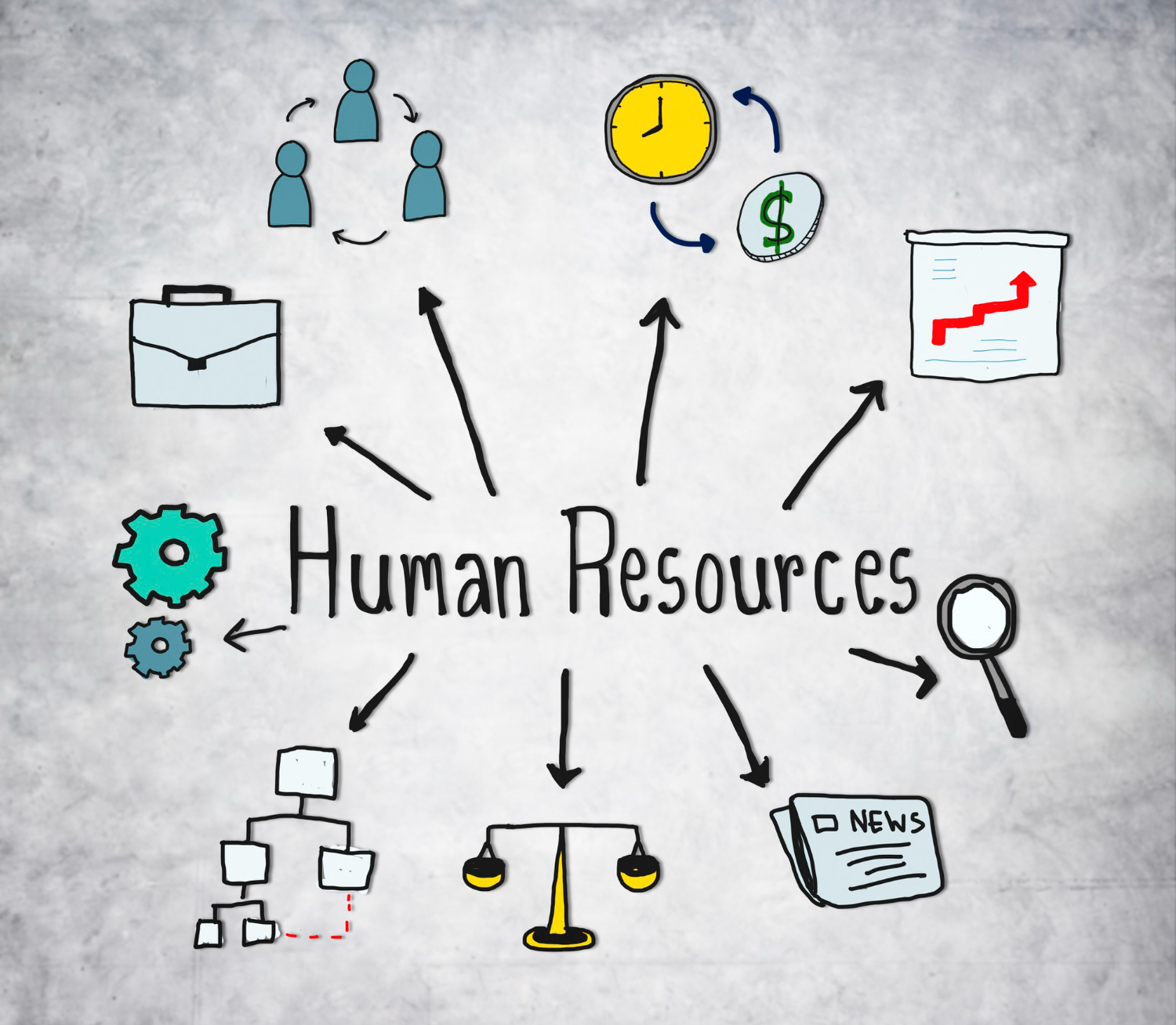
Many small businesses handle HR on their own, which can be a drain on resources. Outsourcing to a company that provides comprehensive HR solutions like a PEO can be an excellent solution.
Staying compliant with dynamic employment laws at local, state, and federal levels requires constant research and adaptation. HR outsourcing businesses may offer best practice advice to prevent expensive fines and litigation.
Table of Contents
Cost-Effectiveness
Managing HR functions can be expensive, especially for small businesses. However, it is a necessary investment to meet the demands of business operations. Aside from following legal requirements, there are other important factors to consider, such as expenses for employee compensation, keeping track of their time and attendance, and handling disciplinary measures. These are all significant aspects that require careful attention. Outsourcing can reduce these costs while allowing companies to focus on their core business.
When companies outsource, they can take advantage of specialized expertise that may be beyond the capabilities of in-house staff. In addition, you outsource your HR work; HR experts often have economies of scale from serving multiple clients, allowing them to offer services at a lower price than an in-house team could afford.
Outsourcing can also help to eliminate expensive lawsuits by providing an extra layer of protection against employee claims. The complexities of current labor and employment laws can leave even the most seasoned in-house staff at risk. An outside HR firm can ensure strict compliance with laws, comprehensive recordkeeping, and effective policies.
Lastly, outsourcing can provide flexibility to companies as they expand or downsize. An outsourced HR provider can source, recruit, and onboard employees needed for a new location or project. This allows in-house teams to remain focused on existing projects without worrying about hiring and training new employees for short-term assignments. Many service providers offer flexible payment schemes, such as pay-as-you-go or retainer, which can be more convenient for some companies.
Time Savings
Outsourcing HR functions helps businesses save time and money. Many companies outsource their human resources to a professional employer organization (PEO), which handles all aspects of employee management, including payroll processing, benefits administration, hiring, and training. The time saved by outsourcing these functions allows in-house employees to focus on the company’s core business and customers.
HR specialists with outsourcing providers also have access to cutting-edge technology, which can help streamline processes and facilitate better decision-making. The result is greater efficiency for the entire department and reduced costs for the business overall.
One of the critical tasks that HR departments handle is monitoring compliance with various employment laws. These laws can change frequently, and keeping up with these changes can be time-consuming for the HR staff. Outsourcing these functions to an experienced HR service provider can help avoid costly lawsuits brought on by non-compliance.
HR management is a complex and often overwhelming task for most companies. Outsourcing these duties can free up valuable time for in-house employees to devote to other important tasks, such as boosting sales and expanding the business’s client base. This can benefit the company in the long run by allowing it to remain competitive. It can also reduce stress and frustration for in-house employees and allow them to concentrate on their daily duties.
Compliance
One of the most critical aspects of an HR department is ensuring compliance with employment laws and regulations. These laws can be complex and are often subject to change. A third-party provider can help you keep up with these changes and ensure your company always complies.
Another aspect of HR involves employee relations and responding to any alleged discrimination, harassment, or misconduct. An experienced HR service provider can provide guidance on best practices and processes for handling such issues.
Finally, HR involves compensation and benefits management. This includes providing employees with a competitive salary, perks, and benefits. A third-party provider can manage these responsibilities and give your employees the tools to perform their jobs well. This can include performance management software and modern practices encouraging employee engagement, leading to higher productivity and improved company outcomes. In addition, a third-party provider can offer economies of scale by working with multiple clients, allowing your company to access benefits that would be too expensive for you to provide on your own.
Flexibility
Outsourcing the department’s duties may be a great option if a company has a limited budget or prefers not to hire an in-house HR team. An HR outsourcing partner can handle various tasks, such as employee management, compensation, and recruiting.
In addition, an HR outsourcing provider can handle business compliance matters and protect them from costly lawsuits. This is especially beneficial for companies needing help to keep up with the laws regulating employment practices, safety, and worker compensation. HR professionals who focus on these areas are well-versed in these laws and know how to prevent violations before they occur.
Some HR outsourcing options also allow a business to tap into a talent pool they might otherwise be unable to find or afford. For example, recruitment and staffing agencies have invested years in building communities of trust and bonding with qualified candidates. These relationships can save business weeks of candidate sourcing and help them to increase.
In addition, a PEO can offer comprehensive HR services that include hiring, onboarding, paying, and managing employees. A PEO can also provide access to benefits that might not be feasible for a smaller business to offer, such as life insurance and health insurance. A PEO can offer a full-service option that allows a business to focus on its core business while remaining compliant with federal and state employment laws.


